Optimal Timing for Residential Paint Stripping
Choosing the optimal time for residential paint stripping depends on various factors including weather conditions, temperature, and humidity. Performing paint removal during mild weather ensures better results and reduces the risk of issues such as paint re-adhering or surface damage. Typically, the best periods are during spring and fall when temperatures are moderate and humidity levels are lower.
Optimal paint stripping occurs in temperatures between 50-85°F with low humidity, which helps the stripping agents work effectively.
Spring and fall are preferred seasons due to stable weather patterns, reducing delays caused by rain or extreme heat.
High heat can cause stripping agents to evaporate too quickly, while cold weather may hinder the process and affect adhesion of new paint.
Scheduling paint stripping before repainting ensures surfaces are properly prepared, leading to better adhesion and longer-lasting finishes.
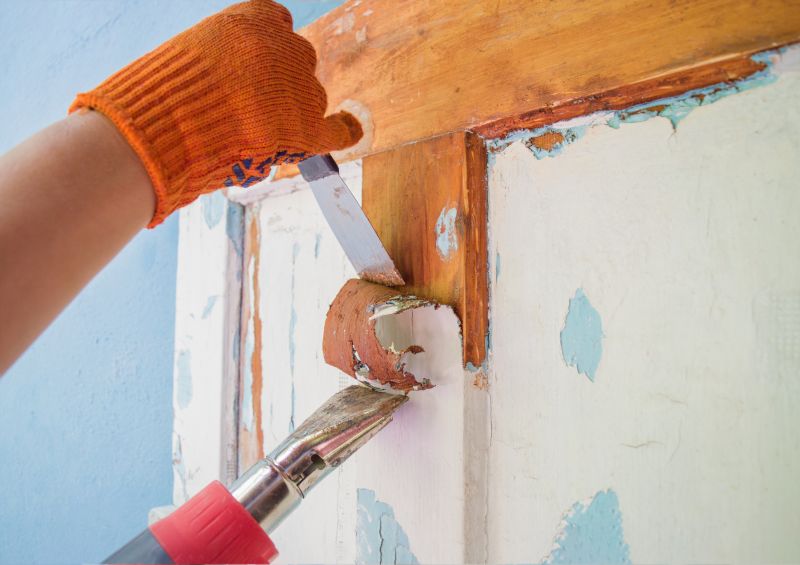
Spring offers moderate temperatures ideal for effective paint removal and surface preparation.
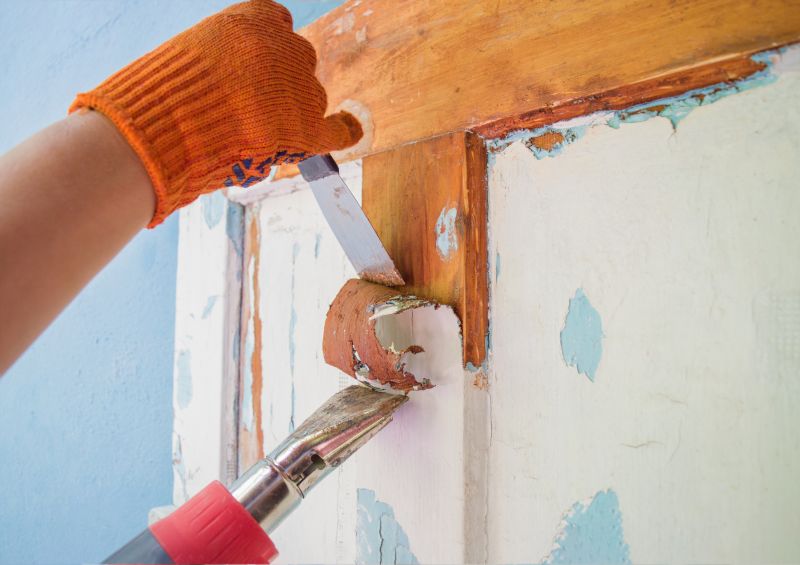
Fall provides cooler, dry days suitable for completing paint stripping projects efficiently.
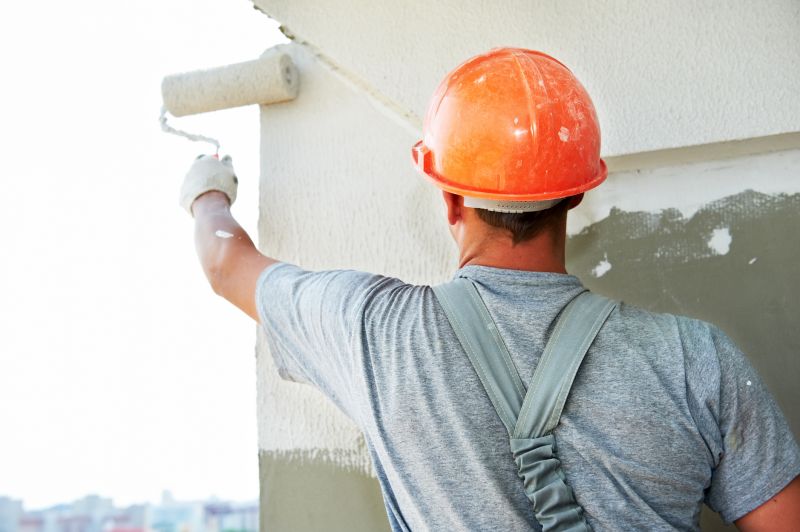
Avoid stripping during extreme heat, cold, or rainy days to ensure optimal results.
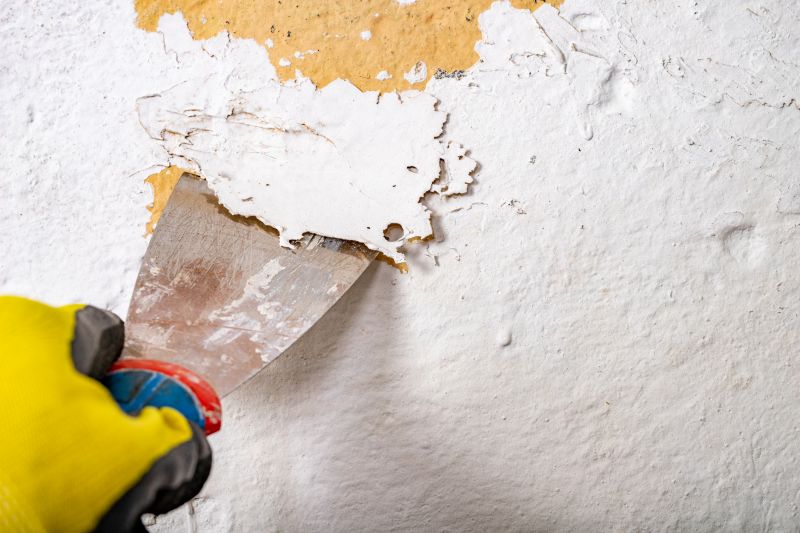
Ways to make Residential Paint Stripping Service work in tight or awkward layouts.
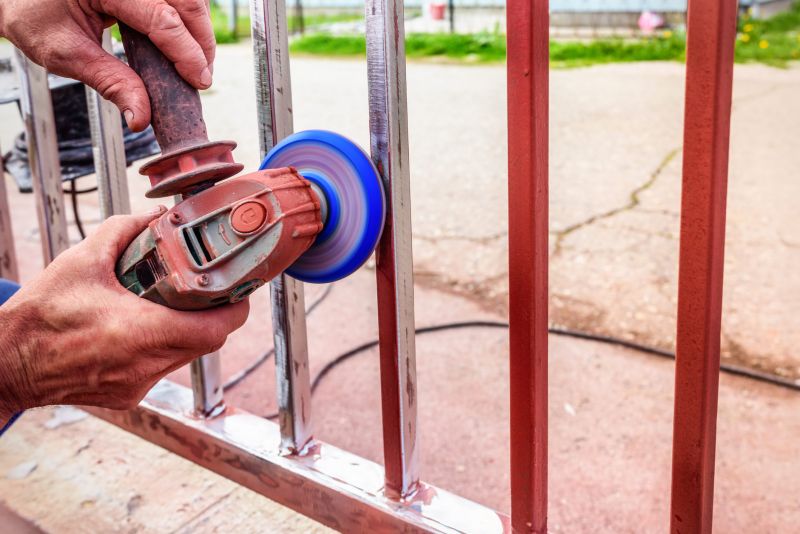
Popular materials for Residential Paint Stripping Service and why they hold up over time.
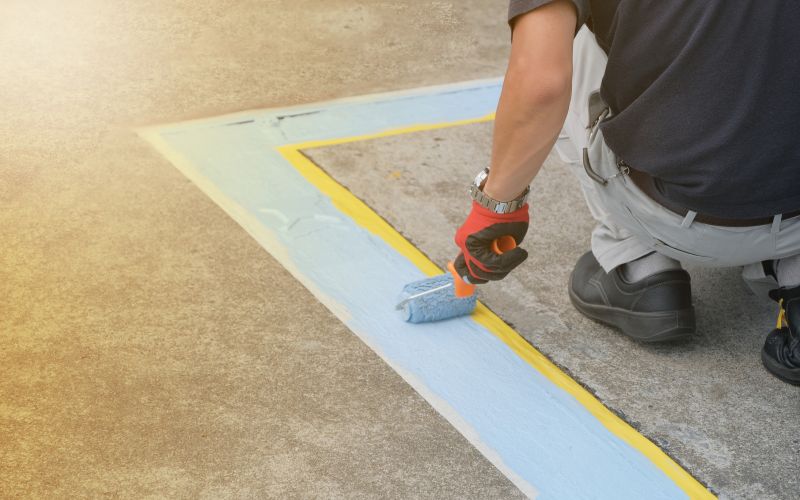
Simple add-ons that improve Residential Paint Stripping Service without blowing the budget.
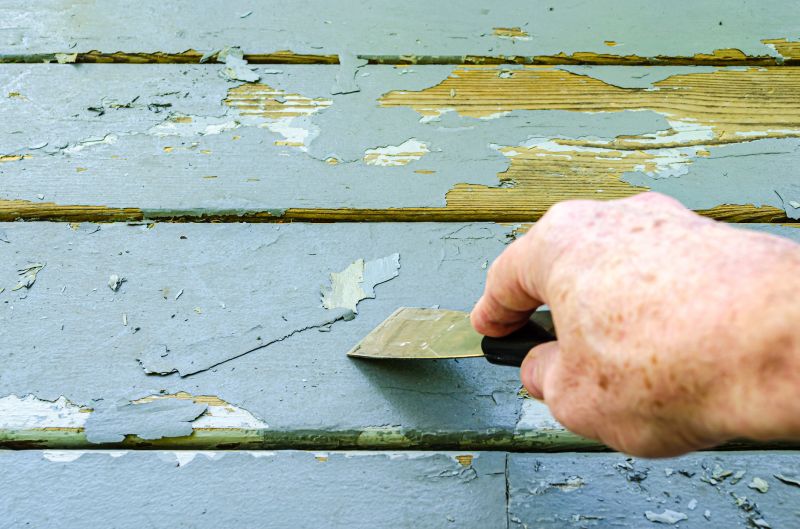
High-end options that actually feel worth it for Residential Paint Stripping Service.
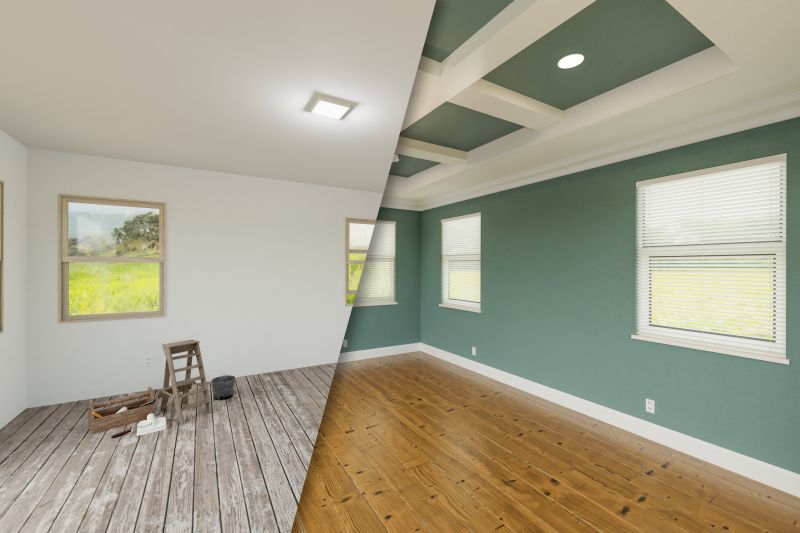
Finishes and colors that play nicely with Residential Paint Stripping Service.
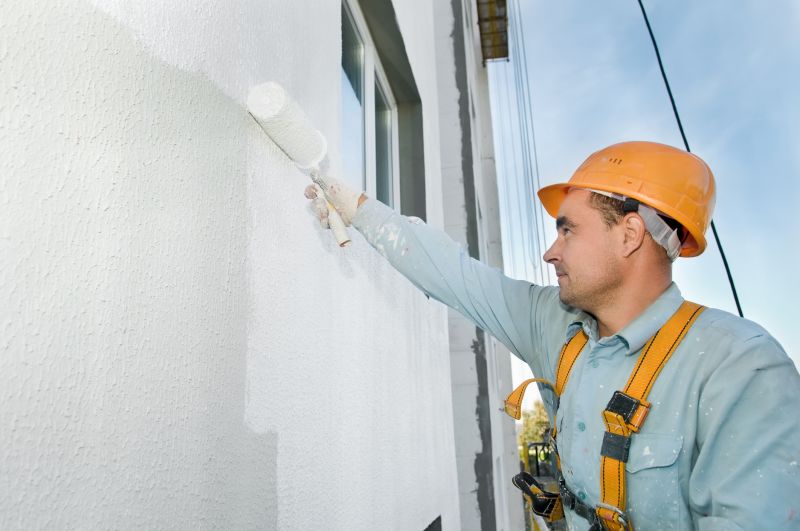
Proper timing ensures surfaces are ready for repainting after stripping.
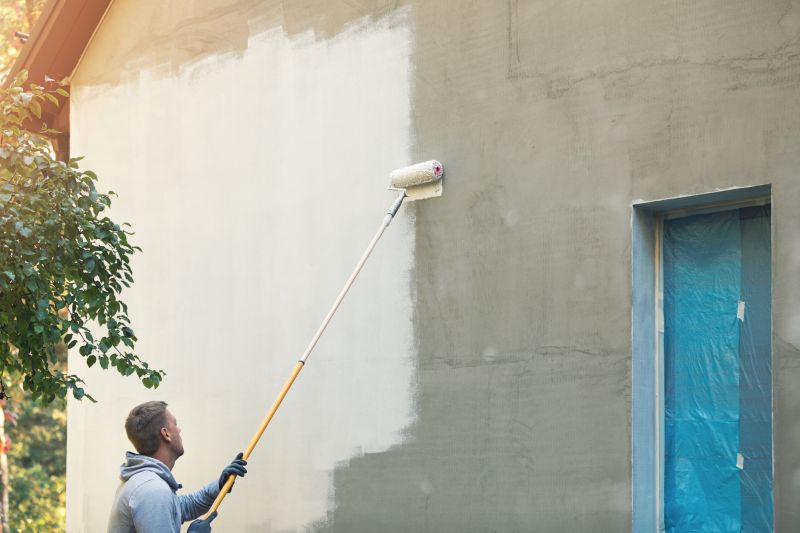
Weather plays a critical role in the success of paint removal projects.
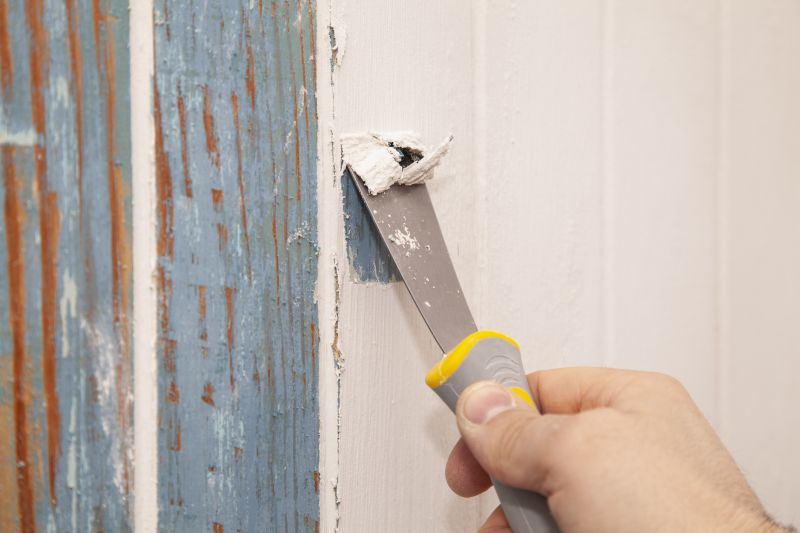
Spring and fall are the most suitable seasons for residential paint stripping.
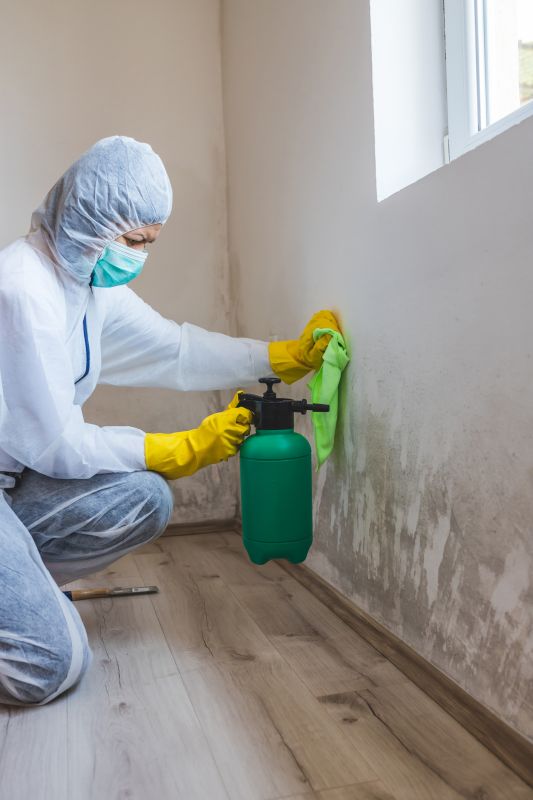
Low humidity and dry conditions improve stripping efficiency.
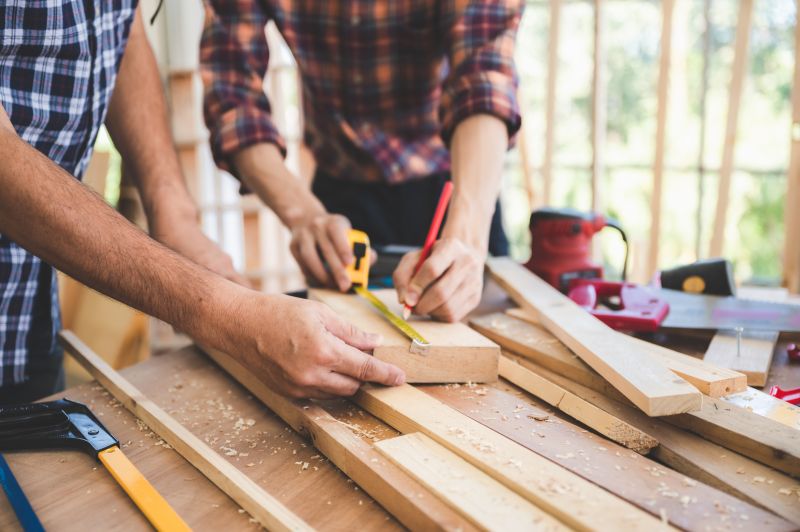
Little measurements that prevent headaches on Residential Paint Stripping Service day.
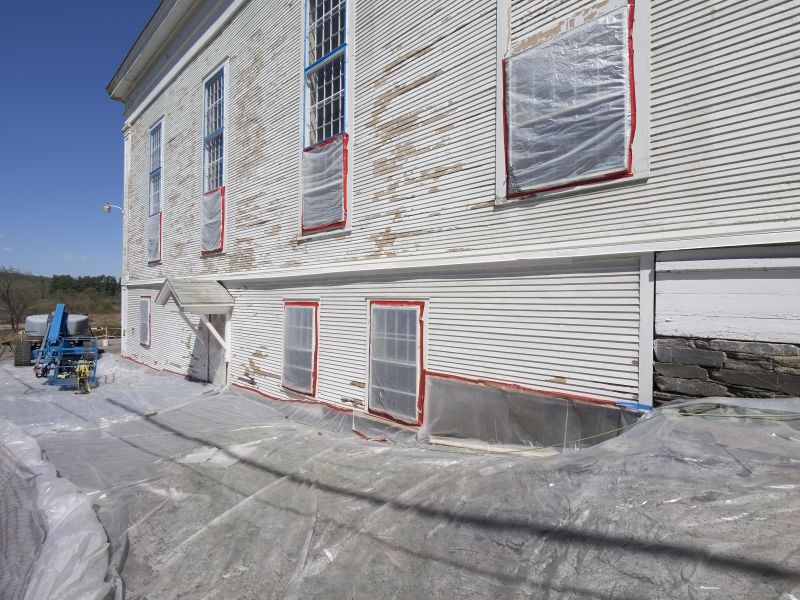
A 60-second routine that keeps Residential Paint Stripping Service looking new.
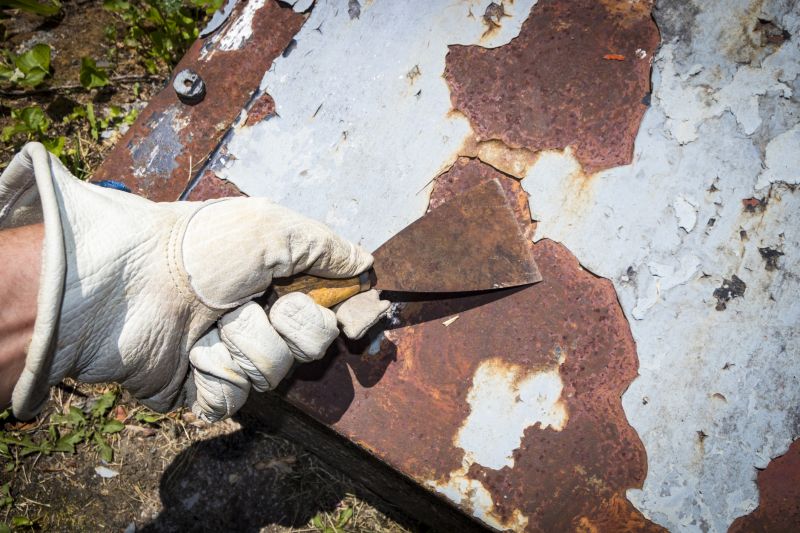
A frequent mistake in Residential Paint Stripping Service and how to dodge it.
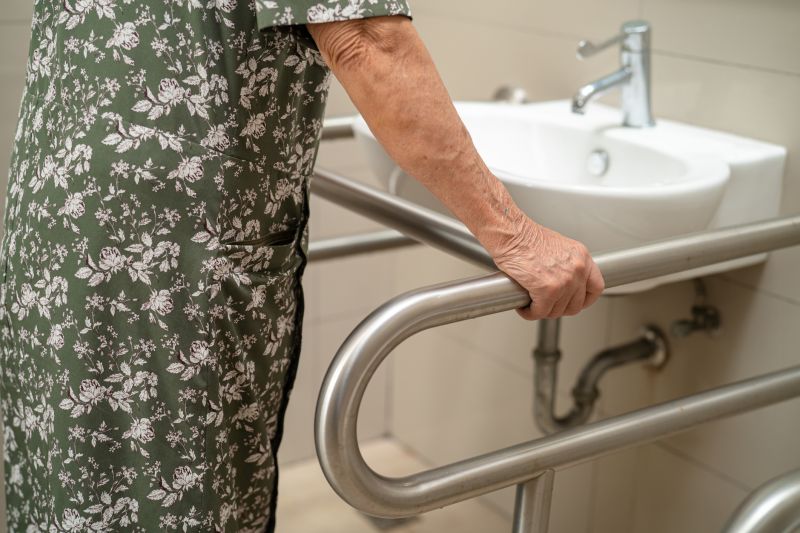
Small tweaks to make Residential Paint Stripping Service safer and easier to use.
| Factor | Recommendation |
|---|---|
| Temperature | Between 50-85°F |
| Humidity | Low humidity levels |
| Season | Spring and fall |
| Weather | Dry, windless days |
| Avoid | Extreme heat, cold, or rain |
Residential paint stripping involves removing old or damaged paint from exterior or interior surfaces to prepare for repainting or refinishing. This process can utilize chemical agents, heat guns, or abrasive techniques depending on the surface type and paint condition. Proper timing ensures that the stripping is effective, surface integrity is maintained, and subsequent painting adheres properly, resulting in a durable finish. It is essential to consider environmental conditions and seasonal weather patterns to optimize results and minimize delays.
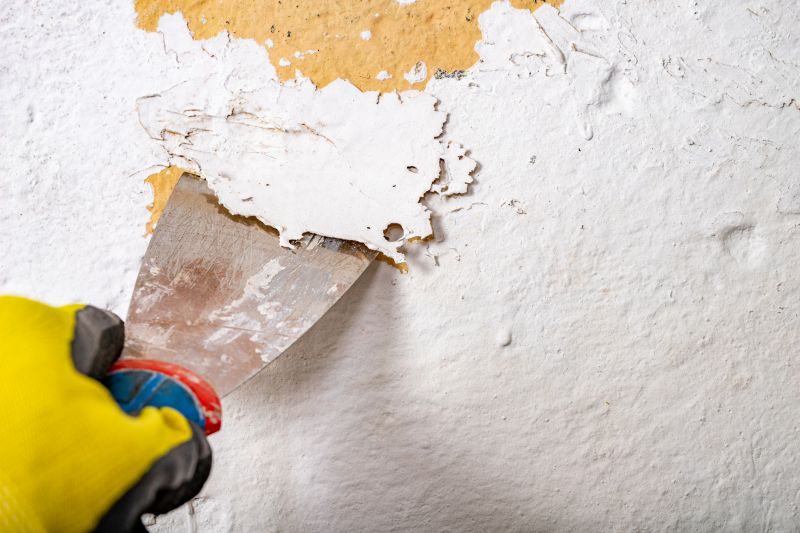
Various tools and chemicals are used depending on the project requirements.
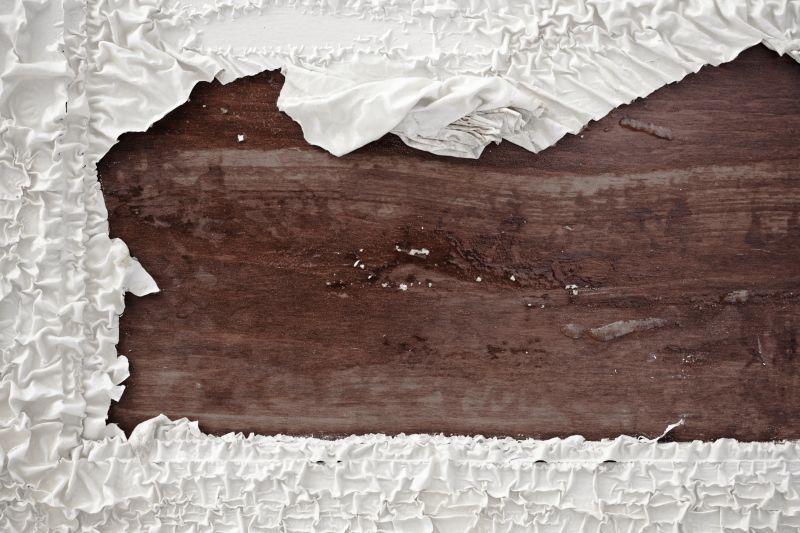
Effective paint removal creates a smooth surface for new coats.
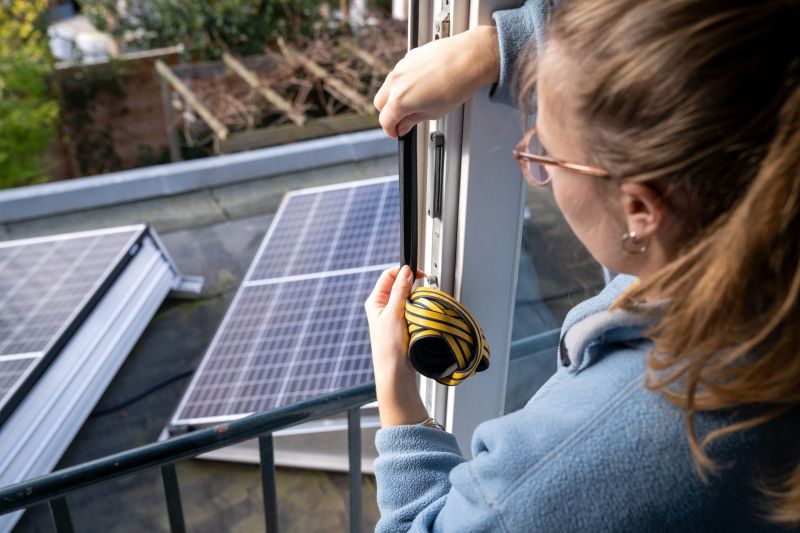
Scheduling during suitable weather conditions enhances project success.
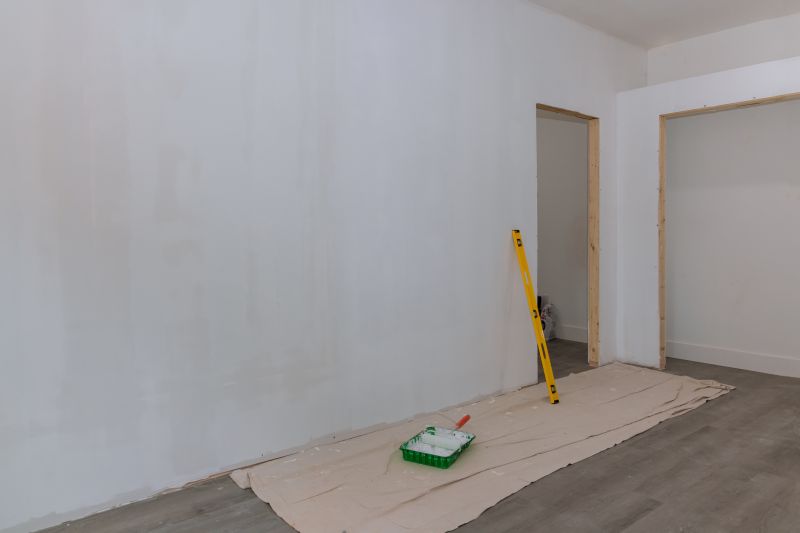
Timely stripping helps ensure surfaces are ready for finishing.
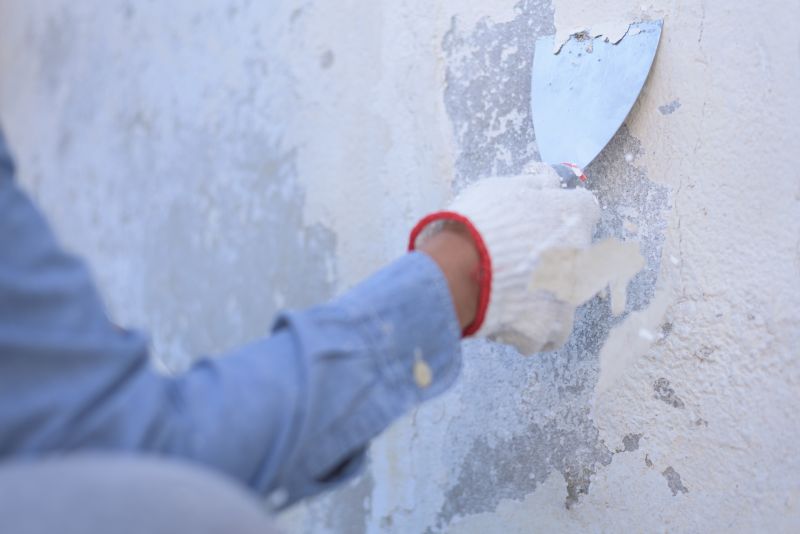
Lower-waste or water-saving choices for Residential Paint Stripping Service.
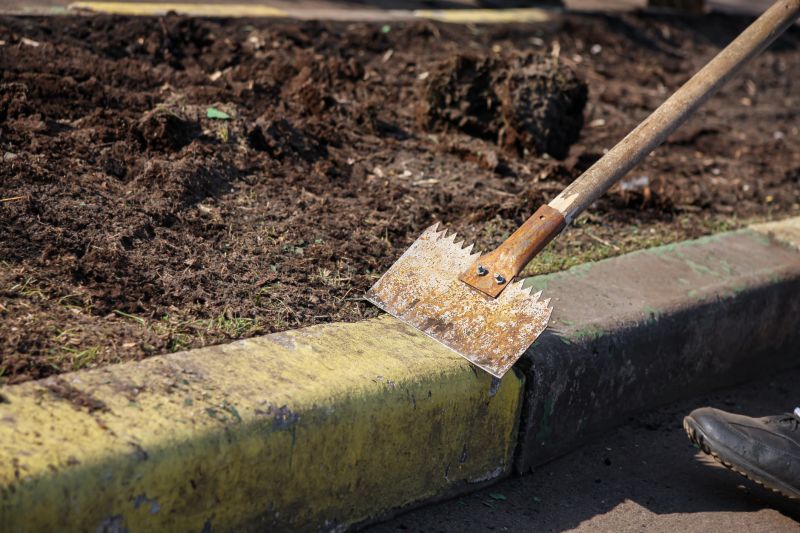
The short, realistic tool list for quality Residential Paint Stripping Service.
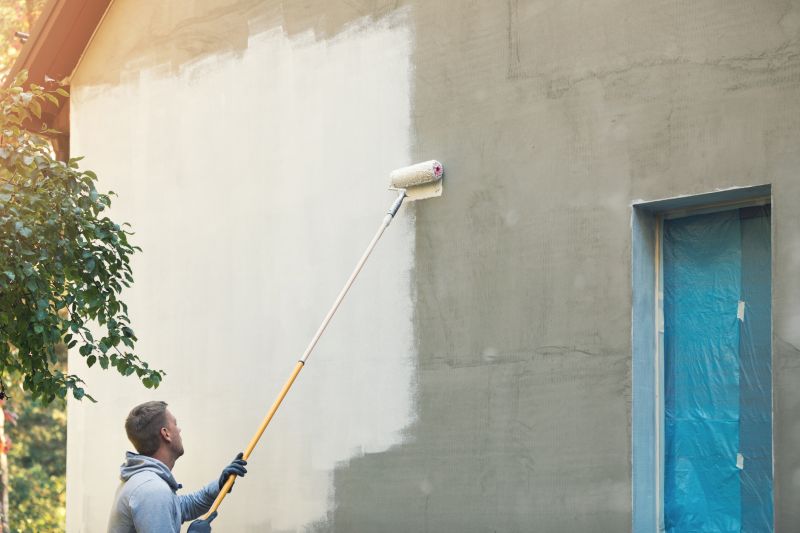
Rough timing from prep to clean-up for Residential Paint Stripping Service.
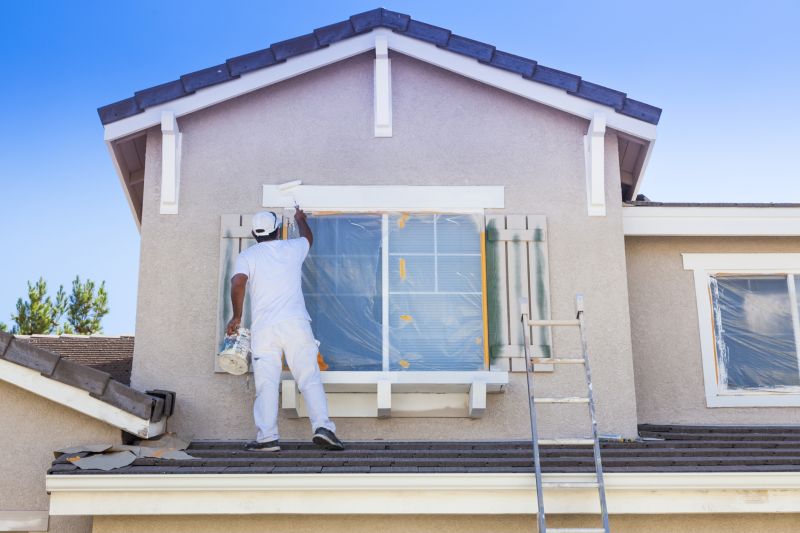
Quick checks and paperwork to keep after Residential Paint Stripping Service.
Interested in scheduling a residential paint stripping service? Filling out the contact form can help determine the best timing based on specific project needs and local weather conditions. Proper planning ensures efficient results and a quality finish.
